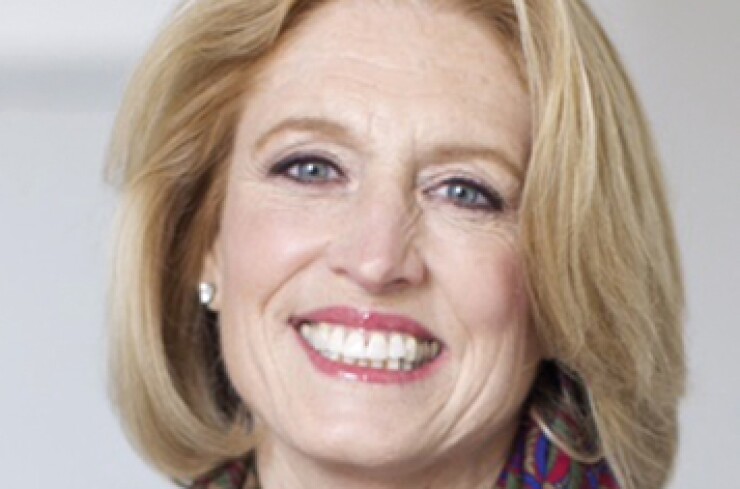
CHICAGO – Illinois lawmakers resumed work Monday with new proposals on redistricting and a tax hike on top earners, as well as news that their paychecks will be delayed.
It's unclear whether any of the measures will move Gov. Bruce Rauner and the General Assembly Democratic majority any closer to breaking their 10-month-old budget logjam.
A hearing is set for late Monday before the House Executive Committee on legislation proposed by Rep. Jack Franks, D-Marengo, to put a constitutional amendment on redistricting before voters on the November ballot.
Redistricting reform is one of the items on Rauner's so-called turnaround agenda but it's unclear whether Rauner will support the Democratic version.
The Democratic version would create a special eight-member commission appointed by the chief justice of the Illinois Supreme Court and the most senior justice of the opposite political party to create a district map after a series public hearings. The group would be required to show how the map complies with all state and federal laws.
The plan must receive a three-fifths supermajority vote in each chamber to make it to the November ballot. Franks said he believes the Rauner-backed proposal from the group Independent Maps may fall short of protecting minority voter rights, an argument the group rejects.
That group's proposal would establish an 11-member commission. Currently, the party with a majority draws redistricting maps after each census, which Republicans charge gives Democrats the edge in protecting their majorities.
Also this week, Democrats are pressing a constitutional amendment that could generate an estimated $1.9 billion by raising the tax on the state's top 1% of earners while lowering income taxes on others. The state faces a $5 billion to $6 billion budget hole with Rauner refusing to support tax hikes unless Democrats get behind his governance and policy proposals like term limits, redistricting, local government union curbs, and worker's compensation reforms.
"This proposal would, more important, provide a tax cut to 99 % of the people who live in the state of Illinois. So I don't refer to this as a revenue bill, even though it creates revenue. I believe this is a tax cut bill," said the bill's House sponsor, Lou Lang, D-Skokie.
House Speaker Michael Madigan, D-Chicago, previously proposed shifting from the state's flat income tax to one that taxes higher earners more, but he failed to garner enough support to put the measure to a ballot. Rauner and Republicans said they are opposed, so the House would need all Democrats to support the measure in order to meet a three-fifths supermajority required. The Senate enjoys a larger Democratic majority.
Meanwhile, Comptroller Leslie Geissler Munger announced on Sunday that lawmakers and the state's constitutional officers won't be getting their monthly paychecks on time. The payroll item totals about $1.3 million monthly and $15.6 million annually.
The comptroller's office will now put their paychecks in the bill payment bin, joining a long line of unpaid vendors. The state is behind $7.6 billion in bill payments with vendors facing months-long delays.
Munger, who was appointed to the post last year by Rauner after the death of incumbent comptroller Judy Baar Topinka, said it's time state leaders face similar delays as state vendors.
"It is the right thing to do," Munger said. "And if this action helps bring all sides together to pass a balanced budget and end this unnecessary and devastating hardship to our state that is an added benefit."
Munger, who must win a November special election to retain the comptroller's seat, has been increasingly distancing herself from Rauner in the budget battle. Initially she took the governor's side, but in more recent statements has called on both sides to come together and solve the budget crisis.





